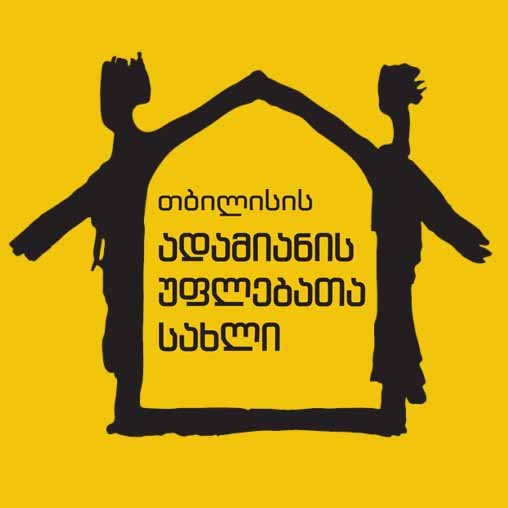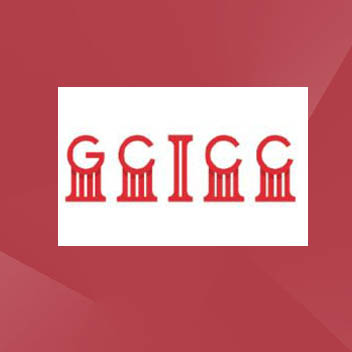Statements
Appeal of Human Rights Center regarding Timely Registration of Plots of Land of Senior Citizens
15.04.2021
Font size
Human Rights Center carries on the project “Mitigation of Effects of the Pandemic for Elderly Citizens.” Volunteers in Gori, Kareli, Khashuri and Kaspi municipalities inquired 200 elderly person through direct visits who have named as one of the most unresolved problems the registration of titles on the plots of land. Despite the launch by the State of the pilot project of land registration from 2016, many households in the region were still not able to register their plots of land.
The registration of property is one of the most significant forms of support and enhancing the right to property for citizens. For years population owns property, but issue of registering legal titles on them is still not resolved. Oftentimes, the owners do not have documents evidencing the ownership, casting doubts on the property rights. Therefore, citizens have frequent litigations to ascertain which particular plot of land they own. This in turn is linked not only with financial burdens for the citizens, but also with state expenditures (court costs, administrative and human resources).
The National Agency of Public Registry implements the pilot project of systemic registration of plots of land since 2016, implying free registration of title for the citizens: producing drawings, archival certificates, identifying documents evidencing the title, application to the recognition commission. When using the services, the potential owners do not have to pay fees from their pocket. However, this very important project for the citizens of Georgia has been stretched in time. During the period, 81,209 applications have been registered in Shida Kartli (35,266 in Gori, 14,922 in Kaspi, 13,520 in Kareli, 17,501 in Khashuri). Overall, there were registered 101,871 applications requesting registration of land titles (44,250 in Gori, 19,090 in Kaspi, 16,887 in Kareli, 21,644 in Khashuri). From the first glimpse this very impressive figure does not meet the challenges and the needs, as many plots of land are still left to be registered.
The majority of the elderly persons questioned by HRC admit that they have not registered their plots of land and request assistance in this regard from the State. Further, one has to take into account that mostly elderly of 70-90 years of age have concerns about the registration of plots of land. The gaps appear frequently during the registration process and for remedying the defects individuals have to pay additional visits to the Houses of Justice and agencies of public registry (for the reasons of overlapping with forests, with wind break belt, necessity to submit documents to the recognition commission, etc.). This processes is not accessible for the elderly who due to the physical and financial reasons find it difficult to approach the agencies. Further, it is noteworthy that the State ensures the production of drawings and often it is not clear why the drawings overlap with forests.
Senior citizens often are not able to use the services offered by the State within the land reform project, as the National Agency of Public Registry identifies the defects electronically and in the case the defect is not remedied the Agency terminates the proceedings.
Taking into account the economic situation in the country, as well as the unavailability of full internetization and limited access to the Internet, it is impossible for elderly persons to freely and completely enjoy the services offered by the land registration reform.
HRC calls on Georgian authorities:
- To exercise more coordination to carry out land reform including the involvement of state bodies to inform individuals in the cases of defects.
- In the case the gaps are identified, ensure the communication via phone not only via SMS and Internet, as the majority of elderly cannot read SMS and do not use Internet.
- To expedite and implement the reforms in time, that would strengthen the property rights among the citizens of Georgia and would result in fewer litigations.
- To take into account the special needs of the elderly, little human and financial resources and make the program more flexible, accessible and adaptable.
Human Rights Center
Statements
17.04.2024




